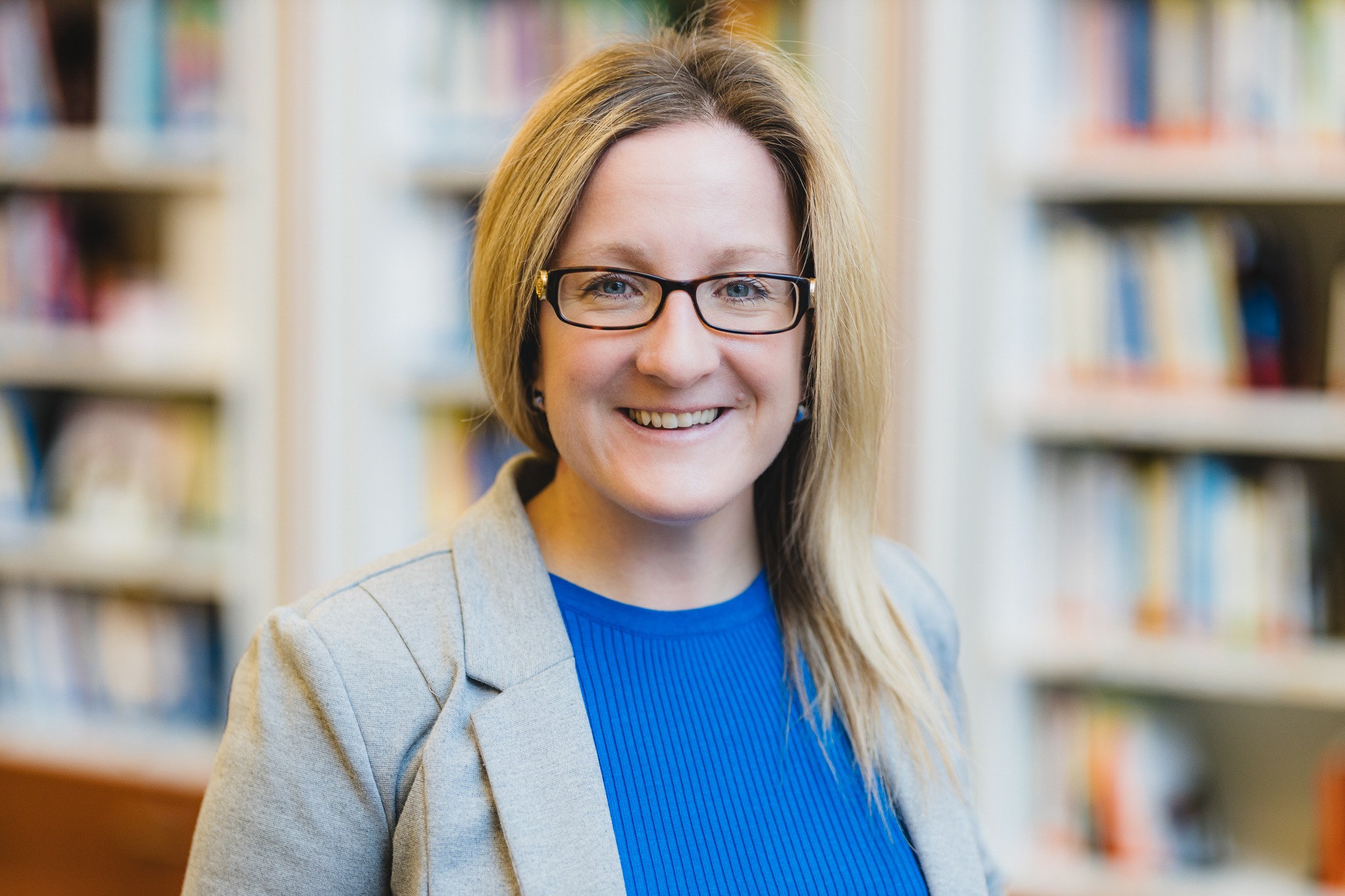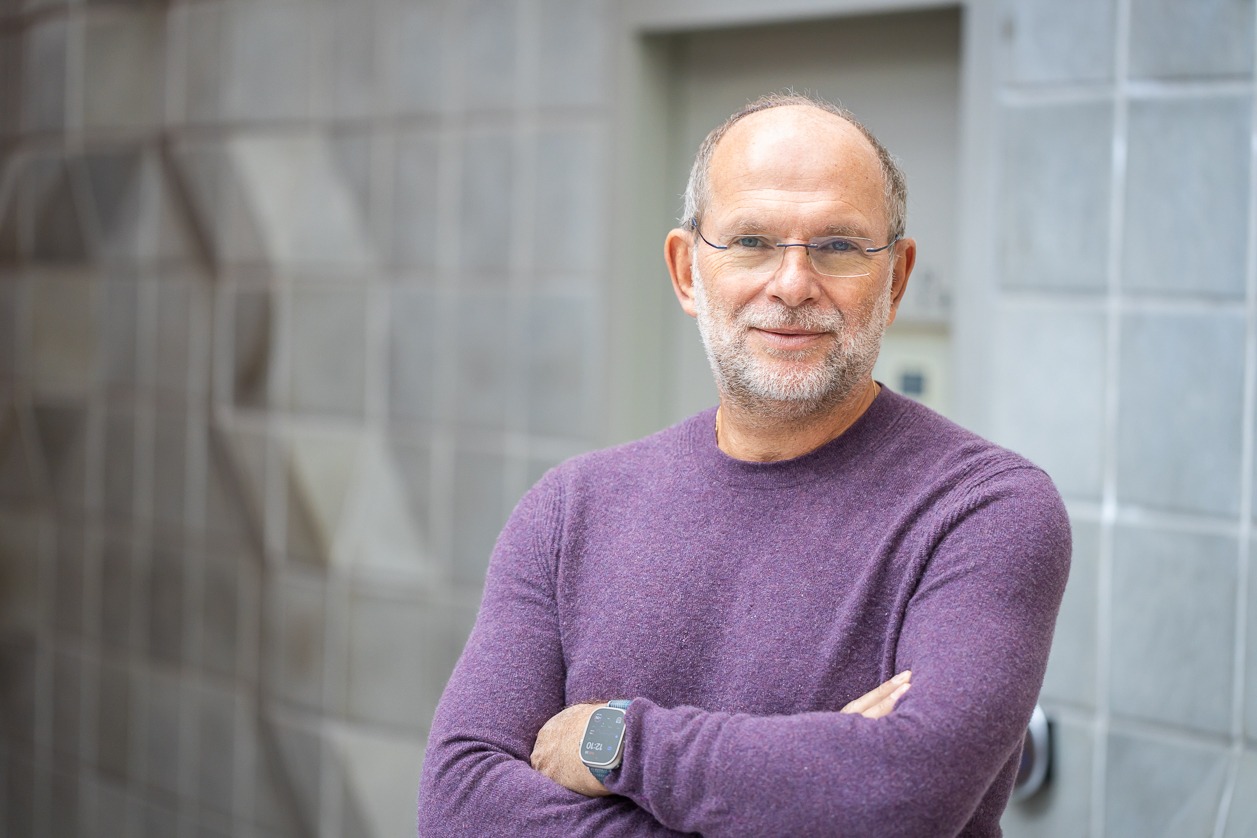
A passion for research addressing unmet social needs
The risk of obesity is one of the greatest public health concerns regarding young people, says Dr. Gita Wahi, a Hamilton Health Sciences (HHS) pediatrician and researcher at our McMaster Children’s Hospital Children’s Exercise & Nutrition Centre (CENC). Wahi is also the associate chair of research in the department of pediatrics at McMaster University.
Wahi’s research focuses on health promotion and health equity, including identifying and addressing unmet social needs of children and families. “We know that children from lower socio-economic neighbourhoods often have a higher risk of obesity,” says Wahi, adding, “Childhood obesity can lead to significant complications into adulthood, such as developing diabetes or high blood pressure, which may increase risk for heart disease or stroke.”
Research supporting MCH children and families
Challenges faced by many families include access to healthy food, and having enough of it, says Wahi, pointing to two recent MCH pilot studies she was involved in that supported patients and their families facing socio-economic challenges. Both studies launched in 2021 and were funded by the Hamilton Health Sciences Foundation.
One of the studies focused on patients and families visiting MCH’s emergency department (ED). From September to December 2021, these families were invited to complete a survey screening for food insecurity, along with health and demographic information. A startling 26 per cent identified as experiencing food insecurity.

Food Pantry program at HHS McMaster Children’s Hospital
This informed the creation of an HHS Food Pantry program at the hospital. This food bank-type program is available for patients and their families visiting the Pediatric ED and CENC.
The need for such a program was made clear in an article by MCH doctors in February’s edition of Pediatrics & Child Health. The study’s authors included doctors Mohamed Eltorki, Stacey Marjerrison, Alim Pardhan, Quang Ngo and Wahi, with Ellie MacBain as lead author.
The second study, which Wahi leads, is close to completion. It involved 80 families from CENC who took part in screening to identify socio-economic factors affecting them, such as low income levels, housing challenges and food insecurity.
This study found that 50 per cent of participants had unmet social needs, mostly involving food insecurity and low income. “Fifty per cent was higher than we were expecting,” says Wahi.
Families were offered the services of a navigator to connect them to community supports aimed at meeting their needs. Participants are currently providing feedback about their experiences with the study, including whether they found the navigator support helpful. So far, feedback has been positive, says Wahi, adding that findings could lead to a larger-scale study.
Partnering with Hamilton’s research community
MCH researchers work with other research teams across Hamilton and beyond, with the shared goal of improving the health and quality of life for children and their families.
Wahi is co-leading a project that is uniting Hamilton’s child health researchers, clinicians, patients, families and community organizations to work together with the common goal of improving health outcomes for children through access to better care and services.
In partnership with families, the work aims to better understand the social and health disadvantages of local families that can affect children and how these can begin to be addressed. Called Towards a Brighter Path for Every Child in Hamilton, the study was funded by the Juravinski Research Institute.
Wahi is co-leading another large local study, called SCORE! This McMaster University-led, community-based project with Hamilton’s newcomer community involves co-designing interventions to promote healthy and active living with the goal of preventing disease down the road, when children become adults.
Wahi looks forward to even more collaboration among the research community in the future.
“Over the years, siloes emerged across research groups and disciplines, in part due to traditional funding and organizational structures,” says Wahi. “Such an approach leads to missed opportunities for collective impact and may be a barrier to efficient, large-scale evidence generation, uptake, and policy change. In my research leadership capacity, I share the goal of bringing increased collaboration to Hamilton’s child health research community.”



